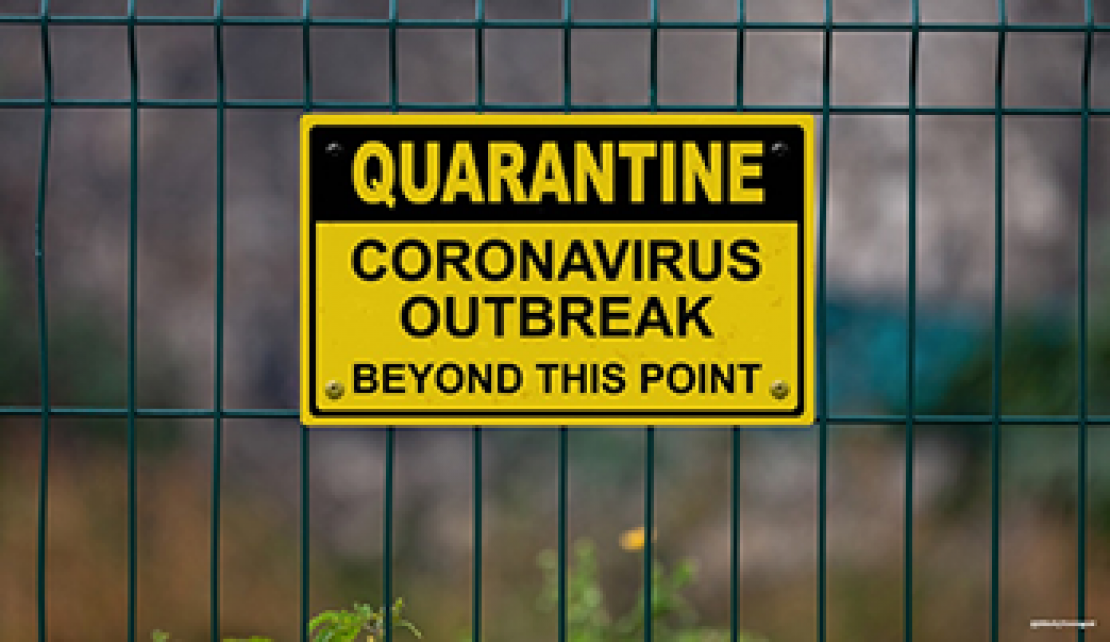Launched on March 20th, TraceTogether helps to identify people who’ve had close contact with a COVID-19 patient to help them get treatment and prevent spreading the infection further.
The app works by using Bluetooth to detect all the other users an individual has been in close proximity to. If that individual is then diagnosed with COVID-19, the health ministry of Singapore can access the app’s log to identify all the people that person had close contact with.
In a Facebook post, Singapore foreign minister Vivian Balakrishnan said that TraceTogether has been installed over 630,000 times.
"We believe that making our code available to the world will enhance trust and collaboration in dealing with a global threat that does not respect boundaries, political systems, or economies,” Balakrishnan said.
“Together, we can make our world safer for everyone."
The optional app offers a good balance between ensuring public safety while avoiding overly draconian tracing methods. It’s in everyone’s interests to install the app, but they’re not forced.
South Korea has been noted for its ability to stunt the growth of COVID-19 infections compared to other countries, but some of the measures it’s implemented to do so are controversial.
Movements of South Koreans are traced prior to diagnosis using GPS location tracking, CCTV, and even credit card records. If a person is diagnosed with COVID-19, this information is used to trace all the people that individual may have come into contact with.
The decision by Singapore to open source TraceTogether is evidence of the global effort to halt the spread of coronavirus and share as much data and tools as possible to make that happen.

